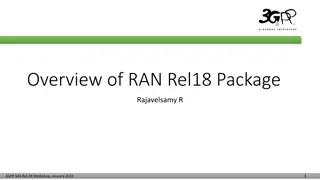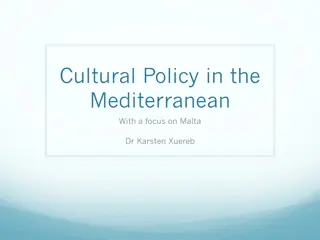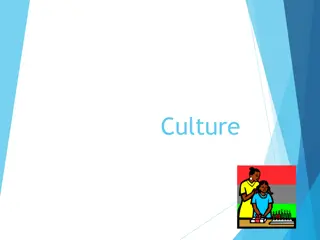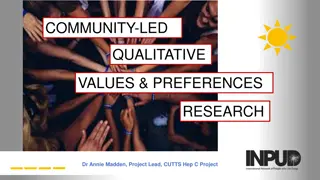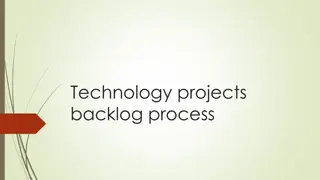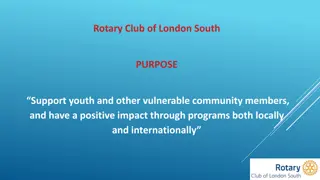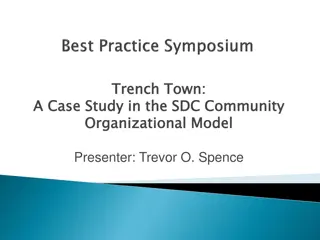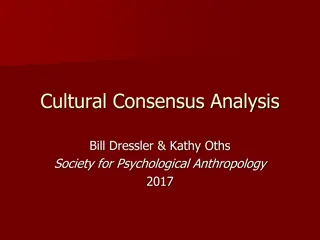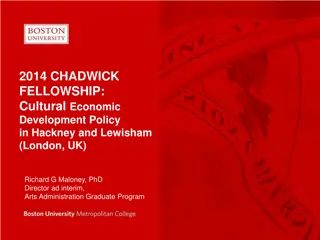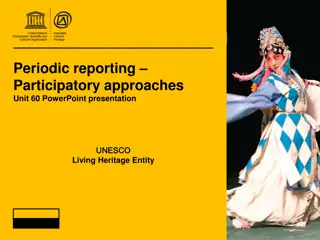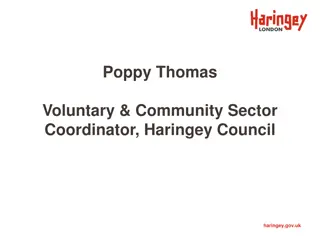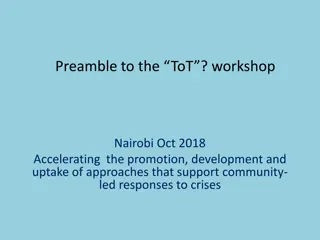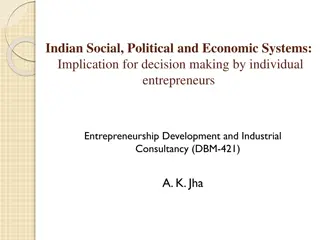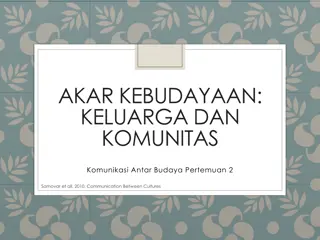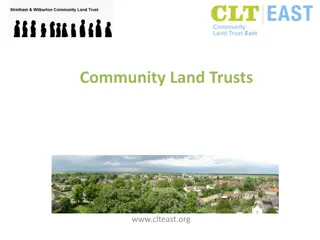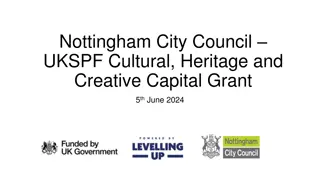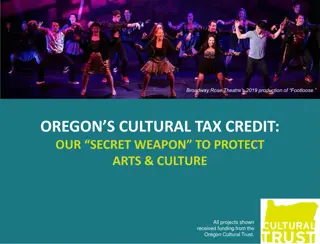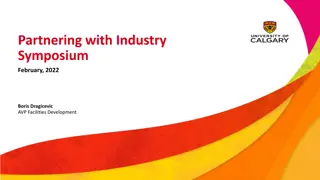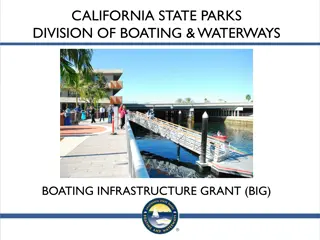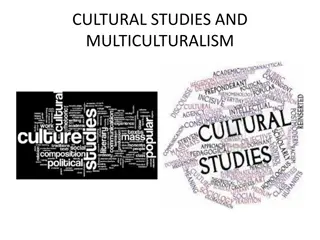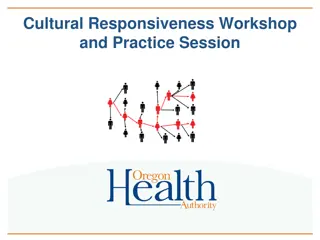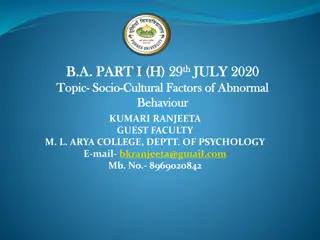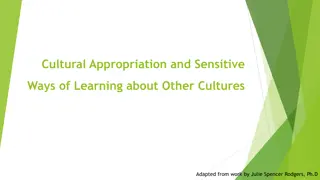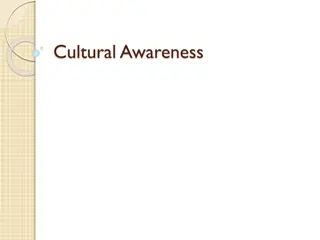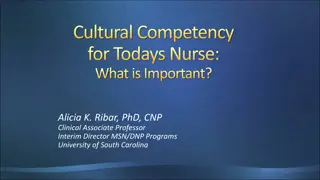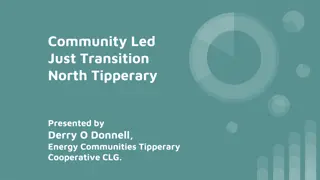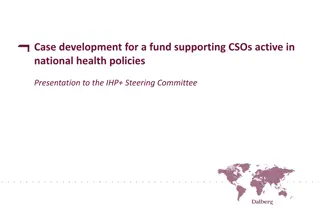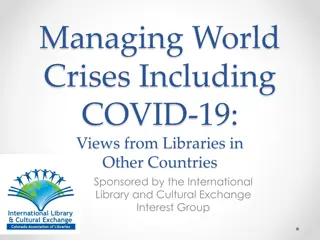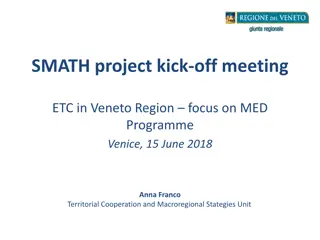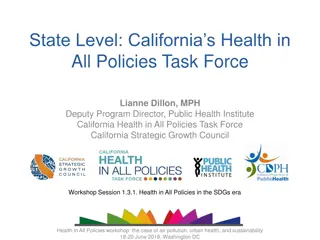Community-Led Organizations Shaping Cultural Policies in EU Projects
Community-led organizations play a vital role in shaping public policies for cultural and creative spaces in the European Union. By contributing to policy creation and taking responsibility for implementation, they foster a culture of commons as a political vision. Challenges post-Covid-19 include establishing participatory methodologies, promoting sustainable creative work, and co-creating policies for urban cohesion and inclusion.
Download Presentation

Please find below an Image/Link to download the presentation.
The content on the website is provided AS IS for your information and personal use only. It may not be sold, licensed, or shared on other websites without obtaining consent from the author. Download presentation by click this link. If you encounter any issues during the download, it is possible that the publisher has removed the file from their server.
E N D
Presentation Transcript
Cultural and Creative Spaces and Cities 28 month-long Creative Europe project with experimental angle A culture of commons as our political vision for EU project How could community-led organizations contribute to create public policies and how could they become responsible for their implementation?
The 7 Urban Labs 1.Kaapeli - FI 2.Lund - SE 3.Skane Region - SE 4.Cike - SK 5.Ambasada - RO 6.CoboiLab - ES 7.Hablarenarte - ES
A value-based approach A Charter of principles : a shared vision as the starting point Indicators based on values of the charter, fostering understanding, not evaluating Peer-to-peer exchanges and mutual learning
Why homes of commons? After the outbreak of Covid-19: urgency to learn from local solidarity initiatives need to change relationship between the EU and local level re-center the CCSC recommendations focus the CCSC policy event around imagining new spaces of encounter between policy- makers, cultural workers and citizens
Challenge 1: The commons as ecosystems for culture after Covid-19 Accessible EU policies and grants for commons and alternative cultural spaces: how can we establish methodologies and about who is legitimised to speak on behalf of the sector for a participatory cultural policy making and grant co-creation together with the EU level? Cultural policies and grants to activate new commons-based ecosystems: how to promote a sustainable creative work (i.e. allowing space and time for research and production, peer learning, income, and relationship with society)? Going beyond the logic of big events and hypermobility: how can cultural and creative work be made more sustainable, in particular linked to/after Covid-19, as well as from a green perspective?
Challenge 2: co-creating cultural policies in cities to foster cohesion and inclusion Incentives for participation: should remuneration (financial or non-financial) be included in participatory processes? Culture in urban policy: how to overcome in-silo approaches in urban policy?Can cross-sectoral approaches; needs-based approaches; stronger mediation/facilitation work as solutions? Participation and post-covid Europe: in what ways can local authorities recognise, valorise and support local solidarity initiatives?
Challenge 3: Building spaces of encounter between local and EU level Organisation of the homes of commons : how can homes of commons act as effective tools to decentralise EU institutions and foster a dialogue with the local contexts? How can homes of commons communicate and collaborate simultaneously with EU institutions, local authorities and citizens? Agenda of the homes of commons: what should be on the agenda of homes of commons, in order to facilitate the links between the EU and the local level? What function should homes of commons have (advocacy, information, co-creation, local participation )? Homes of commons and cultural and creative spaces: how can we rethink cultural and creative spaces as community organisations suggesting new ways for the EU to relate with the local level, aware of the role of relevant national/regional level organisations ?


